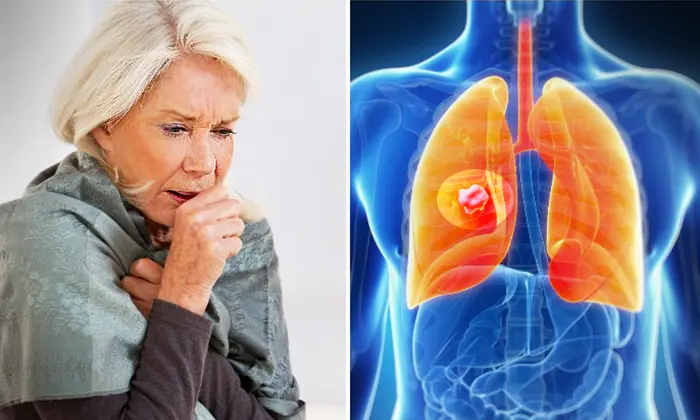Kidney cancer is one of the 10 most common cancers in the United States. It is the sixth most common cancer in men, and the eighth most common in women. According to estimates by the American Cancer Society, there will be approximately 73,820 new cases of and about 14,770 deaths from kidney cancer in the United States in 2019 alone.
Kidney cancer begins in the kidneys—very important organs in the body. Each person has two bean-shaped kidneys on either side, inside the body, located behind the liver and stomach. The most important function of the kidneys is to produce urine, which is how the body removes liquid waste out of the body. Also, kidneys play a role in controlling blood pressure and stimulating the bone marrow to make red blood cells.





